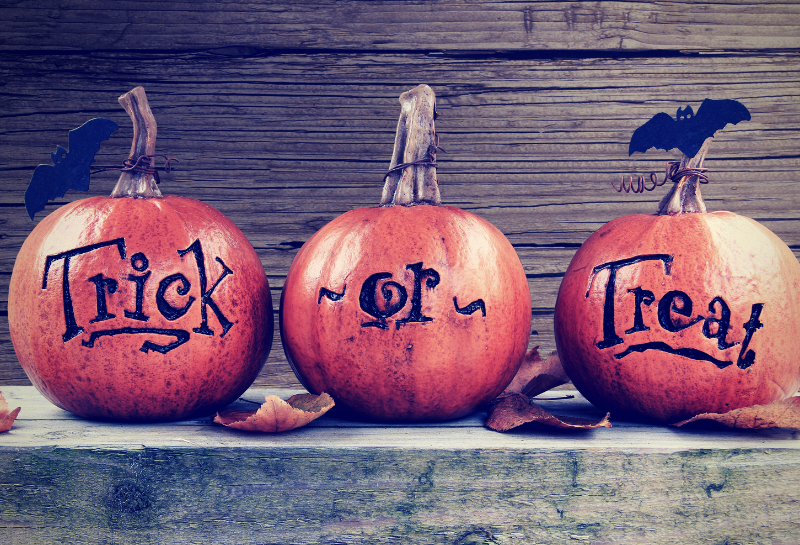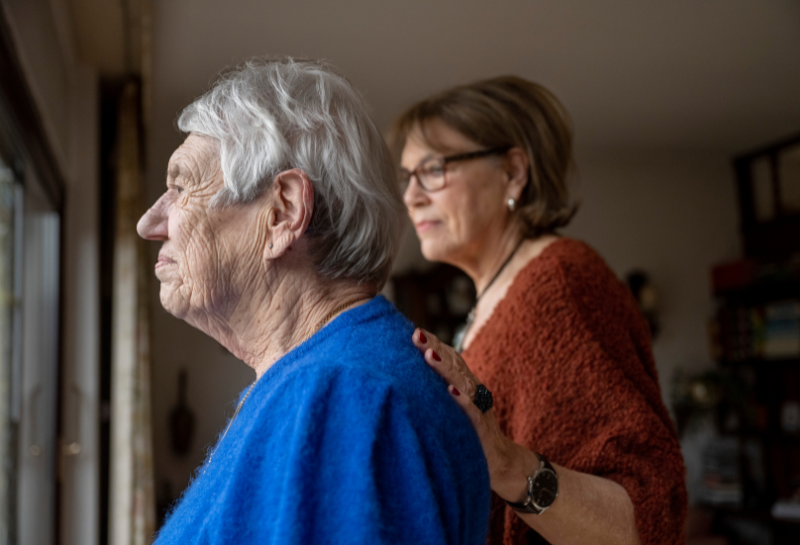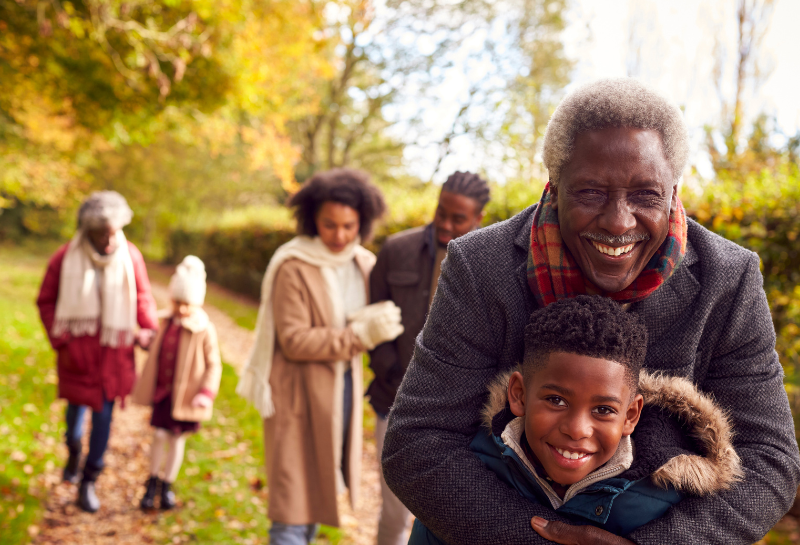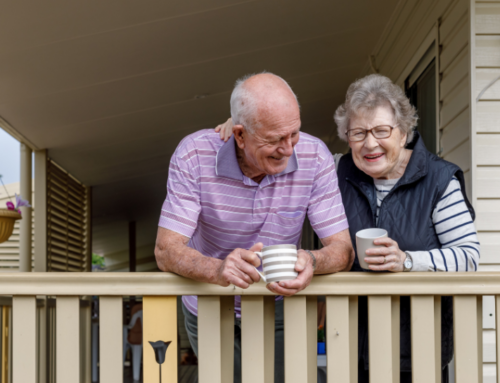Remembering Halloweens From The Past
I HEAR AGAIN, I SEE AGAIN AND I TASTE AND FEEL AND KNOW AGAIN.
I REMEMBER…..AGAIN.
Every culture has its own stories which bring understanding and meaning to the human existence through remembrance and enactment of traditions.
Life is rooted in collective and individual narrative and humans both construct their lives and shape their world in terms of these groundings and memories.
Humans most often recall facts in story form. Often a person with dementia needs to attempt to recount a memory in order to become aware of his or her own value and relevance to culturally shared roles, relationships or events.
The process of storytelling is empowering.
Stories and memories are kept alive by being shared again and again.
Reminiscing is recognized as a legitimate form of therapy for persons with progressed dementias and the benefits can be substantial; increased or maintenance of ability to communicate, relief from boredom or self-isolation, decrease in symptoms of depression and a sense of belongings still to this life.
How meaningful the reminiscence ends up being dependent on how memorable the events were.
Studies have found that shared references and experiences may well lead to friendships and a strengthened sense of community among persons with dementia and can provide a mechanism by which individuals adapt to the changes that contribute to anxiety and depression.
There were significant differences in how Halloween was celebrated in the 1950’s when many dementia residents were either still children themselves or young parents.
One such difference was that children attended more home Halloween parties until they became of age to trick or treat on their own as parents rarely accompanied children door to door.
You waited until you were considered old enough to safely run amok and then you were allowed out with your friends. You might have carried a flashlight but more than likely you didn’t.
Decorations were simple; lots of orange and black crepe paper and a carved pumpkin or two.
You bobbed for apples and consumed orange frosted cupcakes and punch.
Fresh fruit was often given out as the treat, but there was a preference for the houses that gave out little bags of candy.
Costumes were mostly homemade.
It was the era of Roy Rogers, Hop-A-Long Cassidy, the Lone Ranger and Tonto, Davy Crockett and Daniel Boone and Gene Autry; cowboy belts, hats, checked shirts and a vest, blue jeans and metal toy guns.
The girls were limited to Dale Evans.
Ghosts were simple and popular; sheets with eye holes cut out or a gypsy with a full skirt, white blouse, a scarf around your head and lots of costume jewelry.
Being a cat meant you wore a black leotard, had a piece of cloth attached to your behind and construction paper ears pinned in your hair and whiskers drawn on with a burnt cork or charcoal.
Hobos had a stick with a red handkerchief and dressed in old clothes that were way too big.
Little old ladies stuffed a pillow under a grandmother’s house dress and put talcum powder in her hair.
A mummy was wrapped in toilet paper and prayed it didn’t rain and witches roamed the streets with brooms and cloaks and cackles.
Lucky was the child whose mother had a sewing machine and time and transformed them into a clown or a princess or an animal from the zoo.
Children returned home to hot cocoa and emptied those pillowcases to gleefully count and compare and hoard the night’s bounty.
Remembering and sharing stories of a simpler and happier time provides a way to reaffirm personhood and connect with others.
“THE MOON IS FULL & THE STARS ARE BRIGHT
GHOSTS AND GOBLINS WILL BE OUT TONIGHT.
THEY WILL TWINKLE & DARE
SO BE SURE YOU BEWARE
FOR IT IS ALL HALLOWS EVE!”
HAPPY, HAPPY HALLOWEEN!
About The Author

Joyce Molino is a Certified Dementia Practitioner who has worked in healthcare for over 25 years. Her focus has been social services, care initiatives, systems analysis and programming for special care units devoted to persons with progressive dementias.
In her career she has served as a corporate trainer and an independent consultant for several long term care organizations, companies and foundations.
Her current position is as Life Enrichment Director for Terra Vista of Oakbrook Terrace an assisted living home devoted to the mission of providing quality of life for residents living with dementia.
More Articles That Might Interest You
Autumn Actions: How Businesses Can Support Aging-in-Place Non-Profits as the Temperature Drops
Autumn Actions: How Businesses Can Support Aging-in-Place Non-Profits as the Temperature Drops As temperatures drop and the [...]
Older Adult Isolation This Fall — How Volunteers Make a Difference
Older Adult Isolation This Fall — How Volunteers Make a Difference As the leaves begin to fall [...]
Autumn Is Here: Keeping Aging-in-Place Seniors Engaged and Safe as the Temperature Drops
Autumn Is Here: Keeping Aging-in-Place Seniors Engaged and Safe as the Temperature Drops Are you or someone [...]










